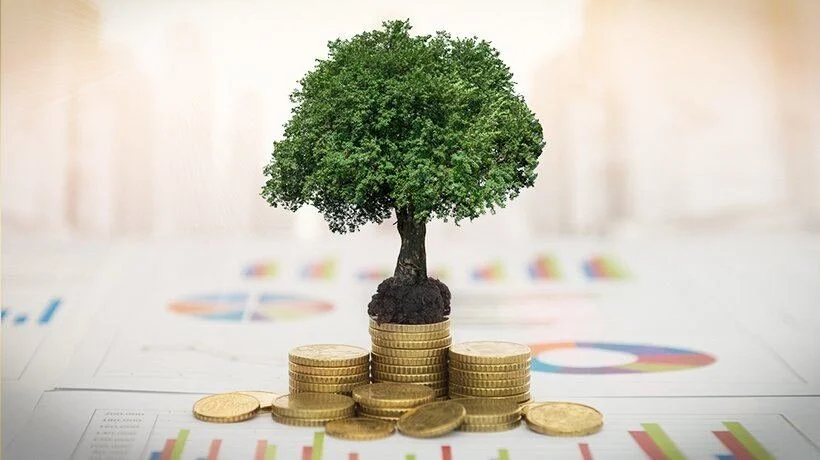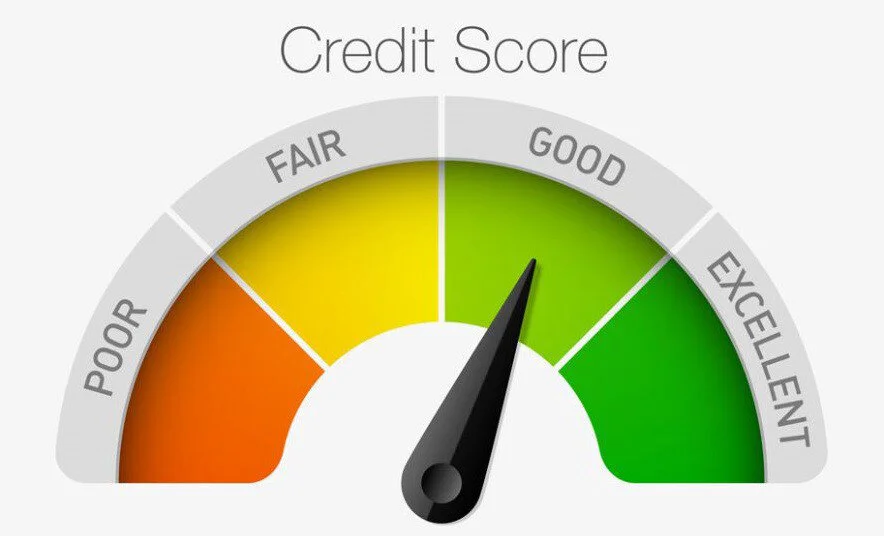According to a recent article by the Associated Press, 2020 is shaping up to be one of the best IPO markets in over two decades. While traditional initial public offerings continue to be the primary avenue companies use to raise money and have their shares listed on a major exchange such as the New York Stock Exchange or Nasdaq, the process is not without drawbacks. Other alternatives to bring companies to market have been tested over the years, such as Dutch auctions (Google, 2004), Direct Public Offerings and Special Purpose Acquisition Companies, or SPACs.
Financial Information Overload
When people think of significant scientific breakthroughs that have affected our present world, the top of the list may include Albert Einstein for his theory of relativity that led to the atomic age. Watson and Crick, who visualized and modeled DNA's double helix structure, which led to the genome age, may also be close to the top. But very few people would include Claude Shannon, the father of the information age.
Why Market Unpredictability Can Be a Good Thing
One question I often hear is: With the market being so unpredictable, how can we properly plan for the long-term? A global pandemic, upcoming elections, trade tariffs, record unemployment, GDP in freefall, there is no shortage of reasons why the market could be declining this year. Yet, the stock market is not falling, it continues to push higher, led by the information technology and consumer discretionary sectors. Over the last year, out of the 11 sectors of the economy, only consumer staples and energy lagged the S&P 500.
Do you Hold Appreciated Company Stock in a Previous Employer's Retirement Plan?
With over $5 trillion in 401(k) plans across the United States as of 2019, this qualified retirement plan's continued popularity is without question. Although the amount of 401(k) money invested in company stock has declined in recent years, according to the Investment Company Institute, investors still have about 6% of plan assets concentrated in their employer's stock.
Stock Splits – Fundamental Opportunity or FOMO
In the last two weeks, big news items were the announcements from Apple and Tesla that they will be splitting their stock on August 31st. Apple will split its stock 4 to 1, meaning you will receive four shares for every share you own as of August 24th. The split will be Apple's fifth stock split in forty years. Tesla will split their stock 5 to 1 by issuing an additional four shares in a dividend for every share you own as of August 21st.
How Does a Presidential Election Impact the Stock Market?
Should long term investors focus on the upcoming presidential election from an investment standpoint? Over the coming months, there will be no shortage of opinions on market movements as election day approaches. This media-driven rhetoric can influence people’s perceptions between the administration in power and its influence on the markets.
The Importance of an Emergency Fund
Living through the current pandemic has taught me to appreciate many things that I previously took for granted. Traveling on a plane, walking down busy city streets, or simply sharing a good meal at a restaurant with friends comes to mind. The global health crisis has also reaffirmed an appreciation for an emergency fund from a financial planning aspect.
Revocable Trusts and Homeowners Insurance
A revocable trust is an extension of the grantor or you as the individual owner. Revocable trusts direct how assets will be managed by appointed trustees during the grantor's lifetime and transferred to beneficiaries after the grantor's passing. Because of the structure, the grantor can modify, remove, or add any instructions to the trust during their lifetime.
Behavioral Finance: How Anchoring Can Weigh Down Your Investment Returns
In my previous two articles, we looked at how loss aversion and overconfidence both can have a negative impact on an investor’s returns. As with other potentially damaging behaviors investors demonstrate, they often go undetected until someone points out what is happening. That is what makes investor psychology and behavior so fascinating to study.
Qualified Charitable Distribution (QCD): Are You Charitably Inclined?
A Qualified Charitable Distribution, QCD, is one of the most tax efficient methods of donating for individuals above the age of 70 ½ that are charitably inclined. Under this method, individuals age 70 ½ or older can transfer up to $100,000 per year from their IRA to a charity. Keep in mind the age to begin RMDs has been increased to age 72 by the SECURE ACT which took effect on January 1, 2020 but does not affect the QCD age.
Common Investing Mistakes: Optimism Bias
In my last article, I touched on how the behavioral challenge of loss aversion can be detrimental to investors. By causing people to resist making intelligent strategic moves in their portfolio out of fear of recognizing a loss, the result may be investment underperformance over the long run. Today we are going to briefly look at another common behavioral challenge investors face, namely overconfidence.
THE NEW FICO SCORE
A FICO Score is a credit score created by Fair Isaac Corporation used by lenders to assess a borrower’s credit risk and is used in 90% of all lending decisions. FICO updates their models every five years to better predict risk and consumer behavior. FICO is releasing two versions of their scoring models this year, FICO 10 and 10T. FICO 10T stands for trended data and is designed to be a snapshot and predictive of the consumer’s credit journey.
Preventing Senior Scams
One of the harmful outcomes of the quarantining from Coronavirus is the increase in scams targeting seniors. Seclusion puts seniors at a higher risk because the loneliness can lead to greater vulnerability. In a previous article, "Don't Fall for These Common Financial Scams", AnnaMarie Mock, CFPâ described many common financial scams and noted that everyone, young and old alike, can be a target for fraud. However, seniors are especially at risk because they typically have more assets to lose and may have diminished capacity.
Loss Aversion: Financial Behavior to Avoid
I recently celebrated my 45th birthday. Admittedly, celebrating anything while social distancing is considerably less fun, but it was still a great time to reflect on life in general and how the first 45 years have gone so far. Of course, being in finance, thoughts also turned to all of the various market events I have witnessed in that period. The tech bubble bursting in 2000, the 9/11 terrorist attacks, the 2008 financial crisis, and now a pandemic. It seems that once-in-a-lifetime black swan events have happened four times and counting in my career as a financial professional.
Financial Information is Not the Same as Financial Knowledge
If knowledge is the fact or condition of knowing something with familiarity gained through experience or association, how do we get the knowledge that leads to such intimacy? The Greek word for this is epignosis – the full knowledge. Knowledge that you can trust in times of crisis and increased uncertainty.
Wisdom – The Foundation of a Belief System
If wisdom is the quality of having experience, knowledge, and sound judgment, how do we acquire wisdom with our money? I have witnessed extremely bright, successful people second-guess themselves and make irrational choices with their money. I have also observed other intelligent people possess certain wisdom on how things work, and they can separate their investment capital from the news of the day and feel very confident in their choices.
Does more information help us make better decisions?
Where is the wisdom we have lost in knowledge?
Where is the knowledge we have lost in information?
T.S. Eliot, The Rock, 1932
What does Eliot’s critique of modernity, which holds that we are losing something valuable in our lives as we pursue technical progress, have anything to do with investing and personal financial planning?
Health Savings Accounts (HSAs): Do You Want Triple Tax Savings?
CARES Act: Relief for Households & Businesses
3 Common Causes of Recessions
Most recessions are the result of fiscal tightening following periods of high growth and inflation, with the Federal Reserve raising overnight rates to put the brakes on the economy.
A second common cause of a recession is the collapse of a group of businesses or assets due to lousy management resulting in a financial contagion. The Savings and Loan Crisis and the real estate bubble and sub-prime mortgage of the Great Recession are examples.
The third type of recession is an event-driven collapse of investor and consumer confidence leading to massive selling of stocks, reduction in spending, and eventually a business slowdown and employee layoffs.
When it comes to event-driven market selloffs and recessions, it is essential to understand that, historically, when the event is waning, the markets have already begun to rebound.
Here is a look back on Recessions since WWII, and S&P 500 performance during those recessions, showing not all recessions are created equal.

























